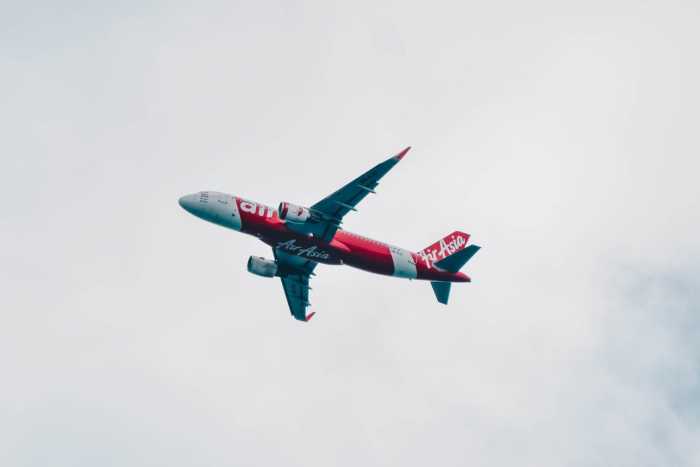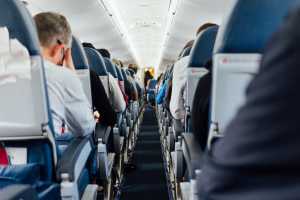
AirAsia X resists travel tax
10th Sep 2022

Tony Fernandes, of AirAsia X, thinks that with a full aviation recovery on the horizon, obstacles like the tourism fee the Thai government wants to collect should be put aside, since a large number of tourists can have a bigger effect on the economy than a small tax.
Malaysia's AirAsia X Berhad and Thailand's AirAsia X have both made a strong comeback. Malaysia's AirAsia X Berhad finished restructuring its debt in March, and Thailand's AirAsia X has started the rehabilitation process and must get approval from creditors after the Central Bankruptcy Court accepted the case.
"We can restart at the right time as more countries are reopening borders, particularly Japan and South Korea in Northeast Asia, which is our main destination," he said.
Mr. Fernandes said that AirAsia X can make money again despite China's closed borders because its airlines are planning new routes to Europe for next year. For example, AirAsia Berhad is planning to fly to London and Istanbul, and Thai AirAsia X is planning to fly to Prague, Vienna, and Budapest.
But if China takes down its barriers to entry, it could be a big help to economic growth, he said.
Mr. Fernandes says that as Malaysia starts to reopen, AirAsia X Berhad will see a full recovery of seat capacity by the second quarter of 2023 and return to pre-pandemic revenue levels by the second half of 2023.
Initially, complicated entry restrictions may have slowed Thailand's recovery the most. However, after the Thailand Pass registration and other requirements were lifted in July, travel demand was strong and tourists continued to visit the country, he said.
Thai AirAsia X offers three flights a week to Seoul and Tokyo, and in December it will add maiden service to Sydney and Melbourne.
AirAsia X Berhad flies to Seoul, Busan, New Delhi, Tokyo, Osaka, and Sapporo, among other places.
Mr. Fernandes believes that the government would not collect the 300-baht tourist tax from foreign guests at this time, since Thailand's tourism rebound is only getting faster.
AirAsia would follow the law and help collect the tax if asked, but the government should let the tourism industry get back on its feet first.
"Although the amount of money is small, everyone in the business is aware that even the smallest adjustment may have a huge influence on travel demand. "The revenue generated by visitors is far larger than a one-off charge of $8 or $9," added Mr. Fernandes.
He noted that the tax might discourage individuals, especially in light of the fact that airfares and travel expenses have increased due to increasing fuel costs.
The tourism industry contributes 17% of Thailand's GDP. Mr. Fernandes says that if the country suffers because of the tax, the economy will also suffer.
"Thailand has traditionally been one of the most popular tourist destinations, but competition is growing. The government should avoid placing further burdens on the business," he stated.






